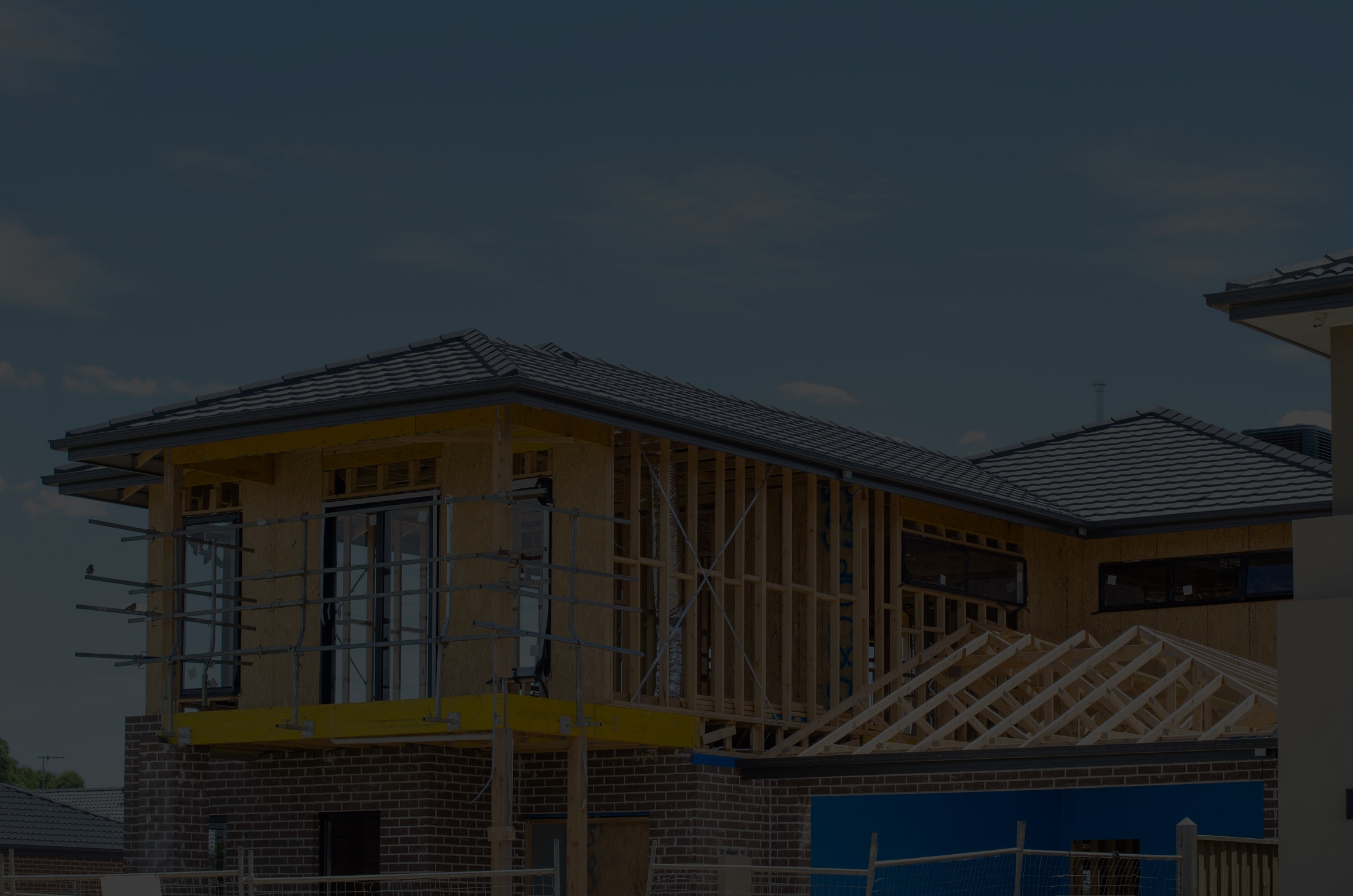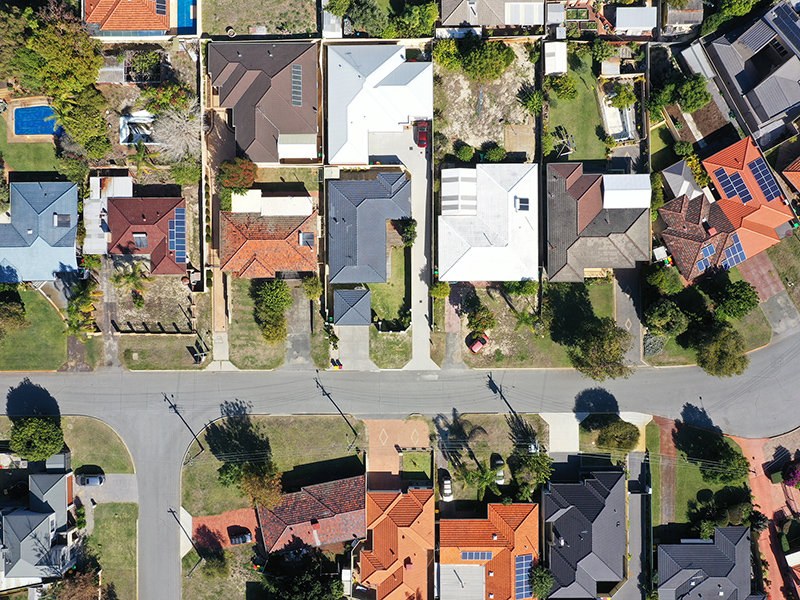
Victoria’s 7-star energy rating building standards
In August 2022, the Victorian government introduced a fresh policy elevating the minimum energy efficiency requirements for buildings in Victoria, raising them from six to seven stars. These updated energy efficiency standards for new residential properties will come into effect statewide on 1 May 2024.
This alteration will have significant implications for the wider construction sector. Therefore, if you are involved in constructing homes for clients, it is essential to stay informed about these modifications.
What is the energy star rating?
The energy star rating system is designed to assess the energy efficiency of a building, with higher ratings indicating better performance.
In the past, a 6-star rating was the standard requirement for new residential constructions. However, recognising the need for further improvement, Victoria has raised the bar by mandating a 7-star energy rating for all new homes that are built in the state.
Other states are now following suit, with similar changes being adopted in New South Wales and beyond.
Why the change?
- Enhanced comfort for residents.
- Reduced cooling and heating expenses.
- Lower production of greenhouse gases.
The transition to a 7-star energy rating was implemented due to the following advantages of energy-efficient homes:
These benefits extend to both homeowners and the environment.
Measures for compliance
To ensure compliance with the new energy rating requirements, builders and designers must work within updated energy-efficient construction practices.
As such, the change affects areas of your project such as:
- Insulation
- Glazing
- Ventilation
- Use of energy-efficient appliances.
Energy-efficient appliances encompass a range of items such as water heaters, lighting fixtures, and HVAC systems. When designing and constructing new homes, it is imperative to give careful thought to factors like effective sealing and insulation to prevent air leaks. Additionally, the utilisation of sustainable building materials has become a crucial consideration in the process.
Getting support
The Victorian Government is supporting builders by providing resources including training programs and financial incentives to facilitate the transition to the new standards.
One of the crucial pieces of advice is to have a Nationwide House Energy Rating Scheme (NatHERS) assessor on your team or acting as a consultant for each project. A NatHERS accredited assessor is specifically trained to ensure that construction jobs comply with the new 7-star energy ratings for new homes and will be able to help with many steps of the process.
It is recommended that builders utilise their member organisations such as Master Builders or Housing Industry Association (HIA) to upskill and comprehensively understand the new requirements and differences between a 6-star and 7-star home.
Some tips that can maximise energy efficiency include:
- Passive solar: If your team includes a designer, make sure they take note of which way the property will be facing to make the most of natural light and weather patterns.
- Double or triple glaze: Investing in double or triple glazed glass for windows and doors can contribute to a better star rating.
- Better insulation: Correctly rated insulation for your external walls, floors and ceiling can reduce the need for heating and cooling.
- Ceiling fans: Ceiling fans consume less energy than air conditioning.
- Colour choice: The paint shades you use for external walls and window sills can make a difference to a home’s internal temperature.
- Lighting choice: The fewer holes in the ceiling, the better, and all downlights should be IC4 rated.
Challenges and future outlook
While the new 7-star energy rating brings benefits for the environment, its implementation poses challenges for both builders and homeowners. The upfront cost of meeting the requirements can be higher, as energy-efficient materials and systems often come at a premium. However, it is important to consider the long-term savings on energy bills and the positive environmental impact when evaluating these costs, and to share these benefits with your clients.
Looking ahead, the success of this initiative depends on continuous innovation and advancements in sustainable building practices. It is expected that technology will play a crucial role in achieving higher energy ratings at a more affordable cost.
AFS & Associates are your partners in providing peace of mind. Get in touch if you would like some more advice about managing costs and tax in your construction business.



